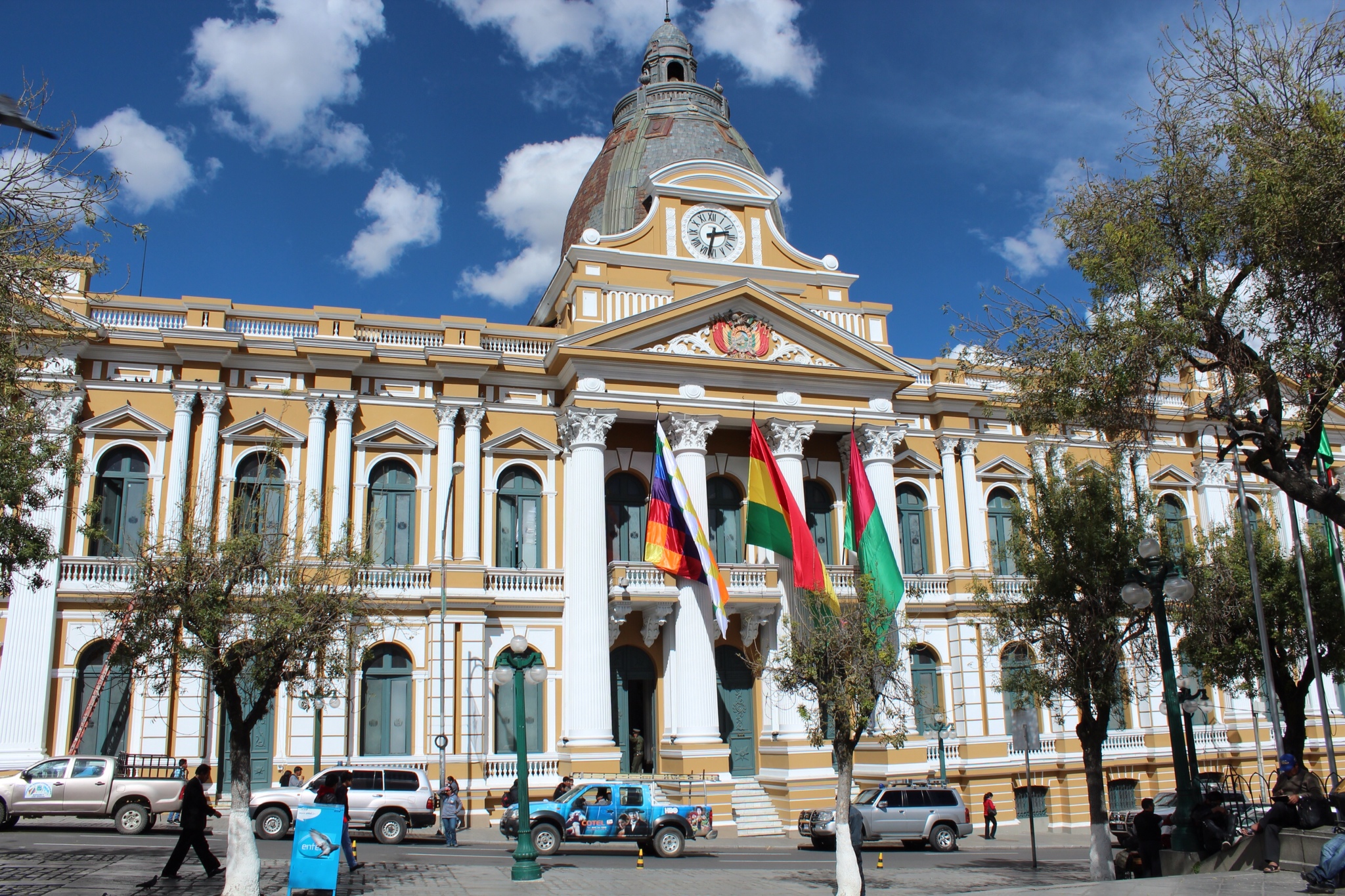The Senate of the Plurinational State of Bolivia on March 17 2016 approved the ratification of the agreements with the Russian Federation on the peaceful use of atomic energy and Intergovernmental Agreement on cooperation on construction of the Nuclear Research and Technology Center in El Alto with the majority of votes.
The Intergovernmental Agreements were signed in furtherance of the arrangements between Evo Morales, President of Bolivia, and Vladimir Putin, President of the Russian Federation made within the framework of the meeting on the sidelines of the Third Summit of the Gas Exporting Countries Forum held in Teheran, on 23 November, 2015. The Agreements include the construction of the Nuclear Research and Technology Center as part of multipurpose and multifunctional gamma plants, reactor plant based on the research pooled reactor with rated capacity up to 200KW, and also a cyclotron, engineering facilities, science and other laboratory facilities.
The Nuclear Research and Technology Center will allow Bolivia to proceed to mastering the nuclear technologies and its application in science, medicine, geology, agriculture and other areas. In particular, the Center will provide the opportunity to start production of radioisotopes in Bolivia for their wide use in diagnostics and treatment of cancerous diseases which makes the nuclear medicine more affordable for the population of Bolivia. The application of irradiation technologies for food and agricultural products treatment, pest and bacteria control will make it possible to increase the products storage period while creating conditions for the increase of national agricultural products export.
The Center will be equipped with the state-of-the-art equipment for researches within the framework of the national nuclear and research programme of Bolivia, contributing to the improvement of the education and science level in the country.
Earlier, on 8th of October 2015 Rosatom and Ministry of Hydrocarbons and Energy signed the Memorandum of Understanding on cooperation in the peaceful uses of atomic energy.
The Soviet Union was an active participant on the international market of research reactor construction. For the period from the second part of 1950th, over 130 nuclear research reactors (including training reactors) were constructed in the USSR, and over 20 research reactors were constructed outside the USSR. A number of reactors constructed by the USSR are still efficiently operated, for example, in Hungary, Poland, Czech Republic, Vietnam, Bulgaria, Germany and other countries. At present, there are 52 research reactors under operation in Russia, while the USA has about 40, and France and Germany have 10 research reactors under operation each.


